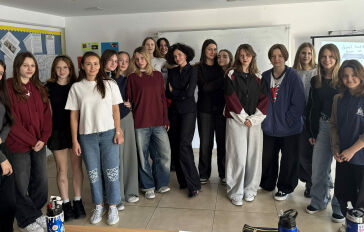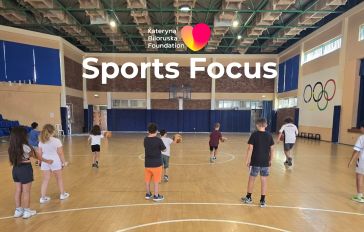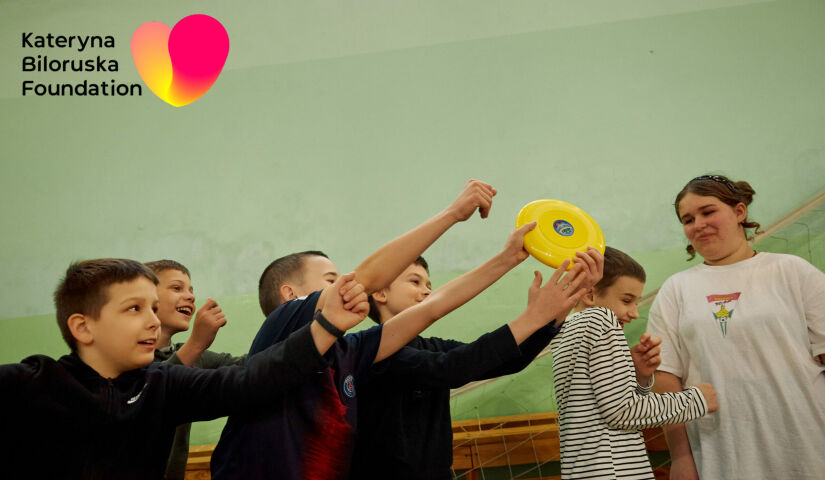
Socialization in preschool is a stage of change during which children learn certain norms of behavior, values, and rules necessary for standard integration into society. At this stage, the comprehensive development of children and the acquisition of new knowledge and ways of thinking through interaction with family members, peers, and other adults is actively taking place.
Socialization in preschool is necessary for children to express emotions, act cooperatively, recognize and distinguish people’s intentions, and evaluate their and others’ actions. This early experience lays the foundation for further personal growth. It directly affects the child’s ability to form a positive self-esteem and life position, to succeed in school and other activities.
From the Kateryna Biloruska Foundation article, you will learn how to improve socialization skills for preschoolers by creating favorable conditions for this, what kind of process it is, and how the family and the environment influence it. We will also look at socialization activities and tips for preschoolers on using them.
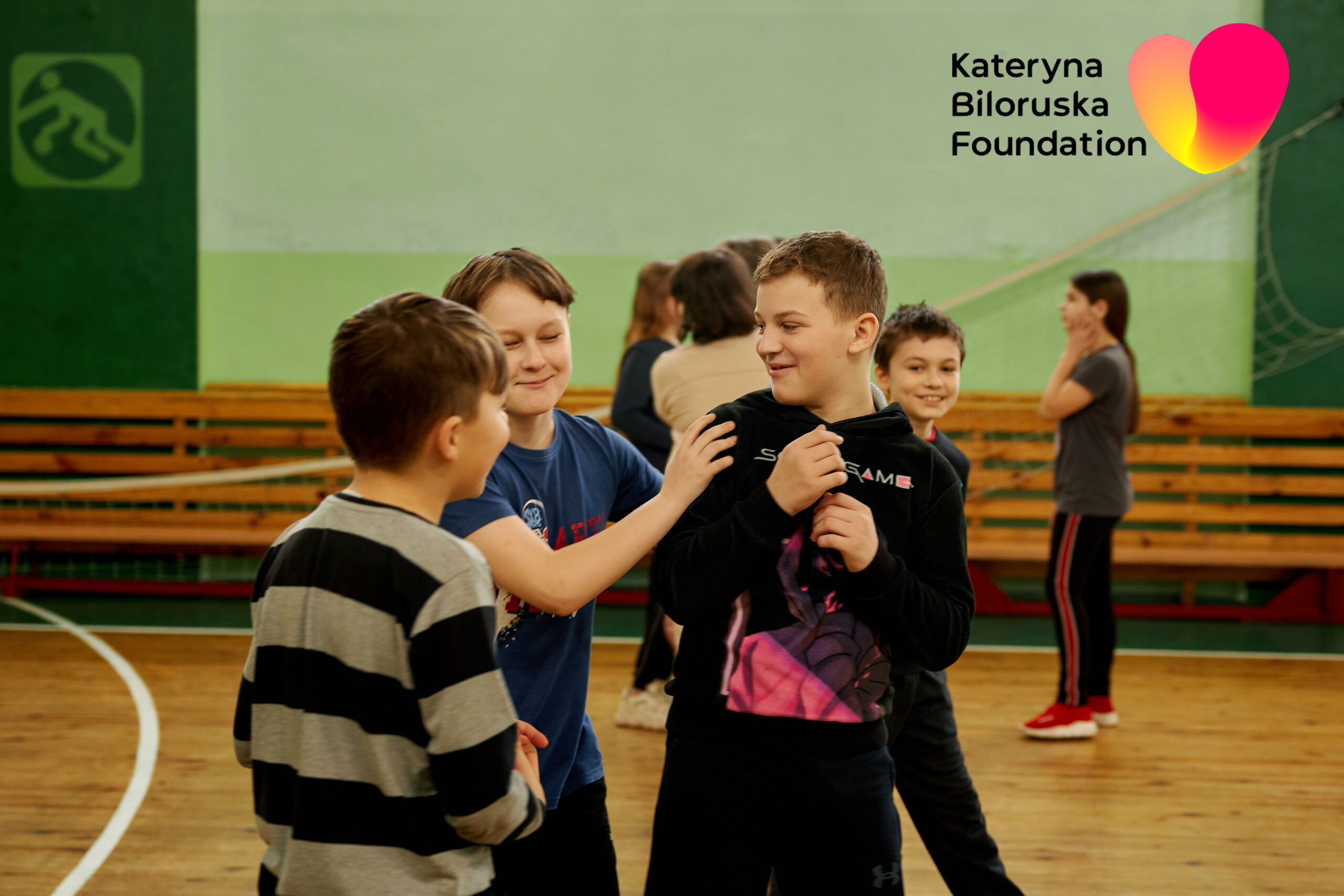
At what age does socialization begin, and what does it mean
It isn’t easy to give a short definition of what socialization for preschoolers is. In general, it is believed that this is the social and communicative evolution of a human individual as a subject of relationships and conscious activity. Socialization begins at birth and continues throughout life. It is nothing more than self-education but through contact with the outside world.
The first years of a child’s life are crucial for adaptation as they learn to exchange information, develop cognitive and other skills. Babies go through this phase through interaction experiences, for example
- making eye contact;
- respond to facial expressions;
- communicate through crying and sounds.
At the age of 3, socialization in preschoolers begins and lasts until the age of 6-7. During this period, parents are responsible for the education of personal qualities, empathy, cultural and social values, and the perception of themselves in the eyes of others, and less often – the external environment, such as kindergarten teachers or relatives.
In adulthood, integration into society continues when a person goes to work, starts a romantic relationship, and becomes a member of various social groups. However, individuals must undergo holistic development early to avoid severe difficulties. Such individuals often encounter problems with the following:
- self-organization;
- making new friends;
- academic performance;
- suffer from aggression, withdrawal, loneliness, and other deviant behaviors.
As a rule, they need constant care, support, and guidance.
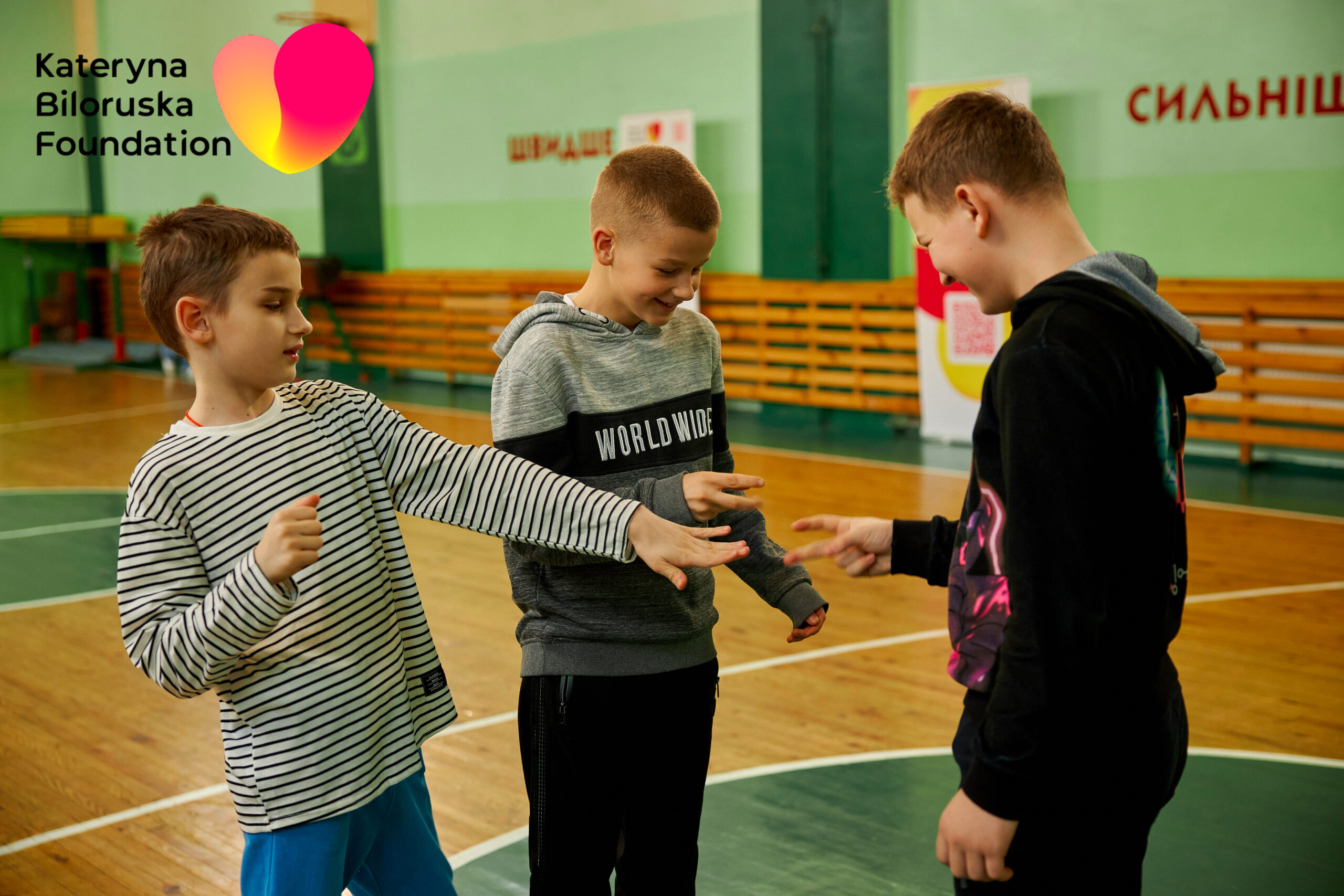
Not knowing how to help a preschooler socialize, parents often make mistakes when guided by personal experience or advice from friends without using the opinion of specialists. We hope this article from the Kateryna Biloruska Foundation will enable you to become more competent and help you in upbringing matters.
Socialization in preschool – peculiarities and nuances
Socialization for preschoolers involves learning how to interact with others and act in life circumstances. Psychologists identify several features of this stage of adaptive development:
- Game-based learning: preschool children learn a lot through the game process, modeling different situations. For example, socialization activities for preschoolers teach them to take responsibility, negotiate roles, communicate effectively, and lose and win with dignity.
- Imitation: the socialization for preschoolers is characterized by increased receptivity. They often imitate parents, teachers, and peers, which helps them learn appropriate behavior.
- Limited perspective: preschoolers usually need more developed skills in perceiving the future. Consequently, they need help understanding other people’s thoughts, feelings, and intentions. When this leads to conflicts and misunderstandings, using the right socialization tips can help teach your child empathy, compromise, patience, and pragmatism.
- Egocentric thinking: the socialization skills of preschoolers are characterized by an inability to coordinate different points of view. Children under 12 look at what is happening from their position and can barely understand the situation from other people’s perspectives. Therefore, kids are not indifferent to their parents’ opinions, as it may seem. It’s just that they are still learning to navigate their feelings, the world, and the surrounding rules.
Now adults should understand more about what socialization in preschool is and what their role and responsibility in this process is. By creating a favorable environment and modeling appropriate behavior, parents can help preschool children develop their strengths, form a positive attitude toward themselves and others, and instill curiosity, autonomy, and independence.
Socialization Activities for Preschoolers
Socialization activities help to acquire communication skills, increase self-esteem, stimulate physical activity, and promote creativity and imagination. In this form, the development of social reality is faster and easier, thanks to collective interaction.
For example, let’s take a look at three activities that will improve your understanding of how to help your preschooler socialize:
- “Magic Glasses”: children put on imaginary glasses that allow them to see the good in others and take turns describing the positive traits they attribute to their peers, educators, parents, etc. It promotes the development of friendly evaluation and empathy.
- “Telegraph”: children participate in a telephone game where they pass messages from person to person, training in active listening and the ability to give and receive feedback.
- “Toy Store”: children are divided into groups of “toys” and “buyers.” The first ones guess the image of the toy they want to portray with the help of characteristic movements and actions, and the second guess. This game promotes mutual understanding, relieves social tension, and reduces communication shyness.
Unfortunately, gaming culture is underestimated in modern society. The socialization skills of preschool children suffer because of digitalization.
We understand that gadgets are not an equal substitute for live communication. Therefore, through its projects and programs, the Kateryna Biloruska Foundation engages children in sports, physical activity, and innovative education.
Tips for socializing children
We have yet to discuss all the tips for improving preschoolers’ socialization skills. This topic needs to be studied deeply and comprehensively, showing maximum involvement in the healthy upbringing of the younger generation.
To socialize children, provide them opportunities to interact with peers and adults, encourage positive communication and empathy, model appropriate behavior, teach conflict resolution skills, and foster community and belonging. In addition, support their independence and autonomy by setting clear expectations and boundaries.
